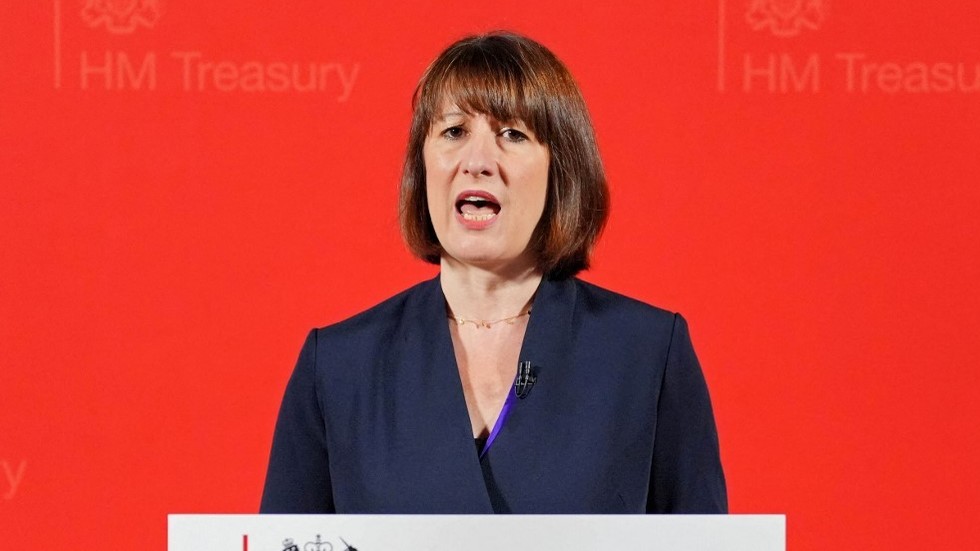Labour’s Rachel Reeves Slams Tories for Fiscal Mismanagement, Announces Tough Measures to Curb Spending
Rachel Reeves, the newly appointed Chancellor of the Exchequer, has sharply criticized the Conservative Party for their handling of the UK’s finances, accusing them of “ducking” hard choices and allowing public spending to spiral out of control. Addressing Parliament on Monday, Reeves revealed that public spending is projected to go £22 billion ($28 billion) over budget this year, attributing the overspend to Tory financial mismanagement.
Reeves assumed her role as finance chief after Labour’s resounding victory in the general election earlier in July, which ended 14 years of Conservative rule. Taking immediate action to address the budget crisis, she announced £5.5 billion ($7 billion) in immediate cuts and an additional £8.1 billion ($10.4 billion) reduction in spending planned for the next financial year. Despite these cuts, Reeves also promised above-inflation pay raises for public sector workers amounting to £9.1 billion ($11.7 billion), a move aimed at resolving long-standing worker strikes within the public sector that were fueled by Tory policies.
In her statement to the House of Commons, Reeves accused the previous government of irresponsibility: “They ducked the difficult decisions. They put party before country. The reserve spent more than three times over, only three months into the financial year, and they told no one. The scale of this overspend is not sustainable. Not to act is simply not an option.”
Her Conservative predecessor, Jeremy Hunt, was quick to respond, accusing Reeves of using the narrative of financial mismanagement as a pretext for breaking pre-election promises and potentially raising taxes. “Today’s exercise is not economic, it’s political. She wants to blame the last Conservative government for tax rises and project cancellations she has been planning all along,” Hunt argued.
Reeves and the new Labour government have inherited an economy characterized by stagnant growth and unprecedented levels of public sector net debt—the highest since the early 1960s. As of late June, the UK’s public sector net debt to GDP ratio was a staggering 99.5%, according to the Office of National Statistics. Despite the fiscal turmoil, the International Monetary Fund’s July economic outlook update projects the UK’s GDP to grow by 0.7% this year.
The Labour government faces the daunting challenge of steering the UK economy back to stability while addressing public sector grievances and keeping election promises. As Reeves prepares to make further "difficult decisions," the nation watches closely to see how Labour’s fiscal policy will reshape the economic landscape.
For more updates on this developing story and the latest economic news, visit the UK Treasury’s official website.
Share this story on social media to stay informed.
